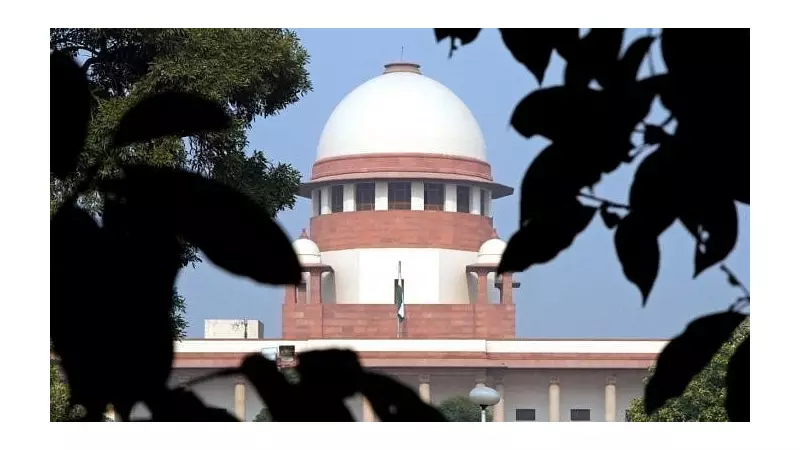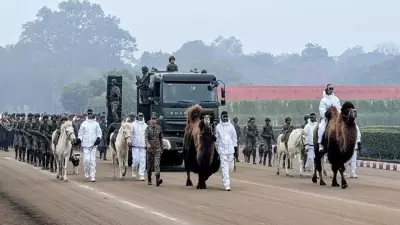
In a significant development that has sparked constitutional debates across India, the Supreme Court has declared that the President and state governors cannot be bound by timelines when making crucial decisions. This ruling comes after the court initially attempted to impose deadlines to expedite governance matters.
The Constitutional Dilemma
Back in April 2025, a Supreme Court bench led by Justice J B Pardiwala had proposed a solution to address delays in gubernatorial decisions by setting specific timelines. However, the court has now reversed its position, asserting that the constitutional stature of these offices places them beyond such temporal constraints.
The November 21, 2025 ruling has ignited concerns among legal experts and political analysts who fear this exemption could potentially weaken India's federal structure. The absence of decision-making deadlines for governors, particularly in states governed by parties opposing the central government, raises questions about political impartiality and administrative efficiency.
Federalism Under Threat
Legal scholars argue that this exemption creates an environment where crucial state matters, including assembly sessions, bill approvals, and government formations, could face indefinite delays. The ruling essentially provides constitutional cover for what many describe as 'sitting on files' - a practice that has drawn criticism in various states across the country.
The timing of this decision is particularly significant given the increasing instances of governor-state government conflicts in recent years. States like Kerala, Tamil Nadu, and West Bengal have repeatedly raised concerns about gubernatorial overreach and deliberate delays in approving state legislation.
Broader Implications
This Supreme Court verdict touches upon several critical aspects of Indian democracy:
- The balance of power between central and state governments
- The role of constitutional authorities in a federal structure
- The mechanism for ensuring timely governance decisions
- The independence of state administrations from central influence
While the court has emphasized the constitutional dignity of the President and governors, critics argue that this protection should not come at the cost of administrative efficiency and state autonomy. The ruling effectively creates what some legal experts call a 'constitutional immunity from accountability' for time-bound decision making.
As India's federal structure continues to evolve, this Supreme Court decision is likely to have far-reaching consequences for center-state relations and the practical implementation of cooperative federalism in the world's largest democracy.





